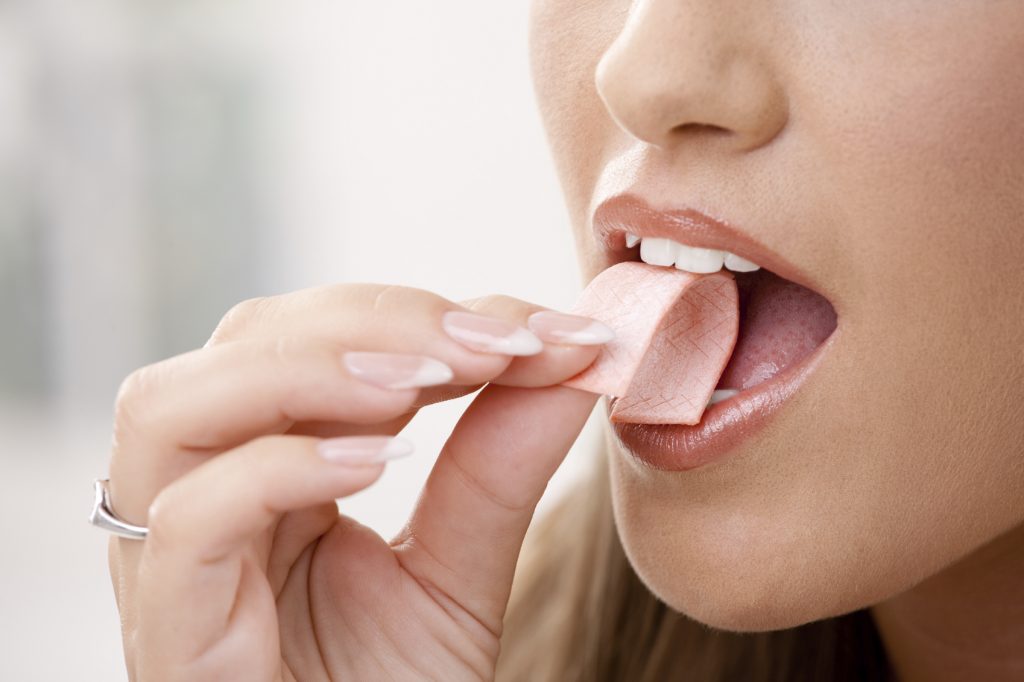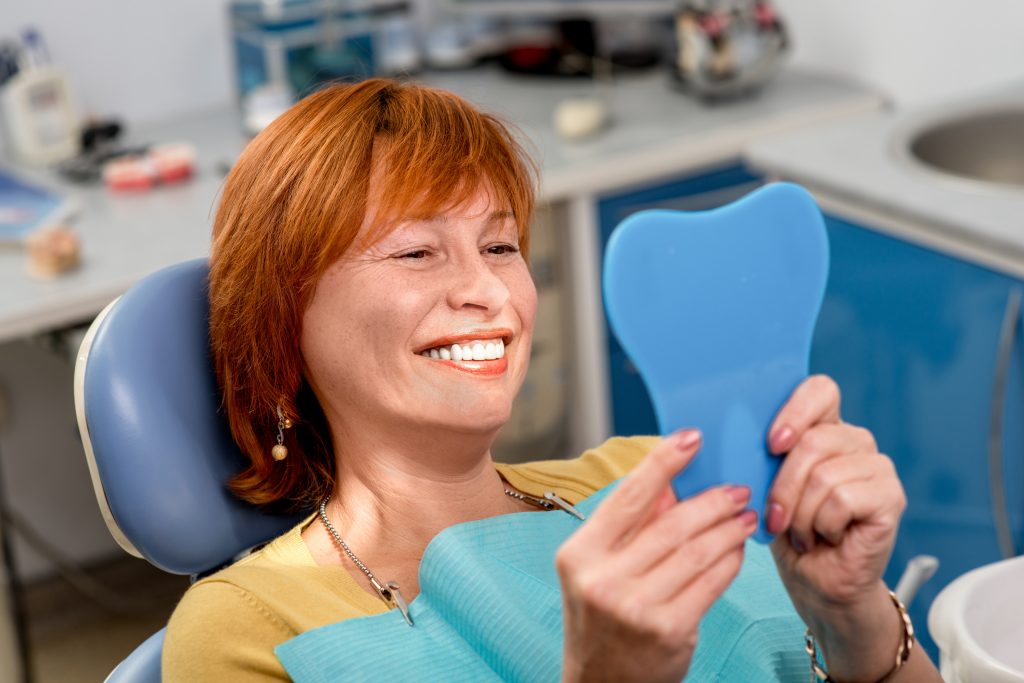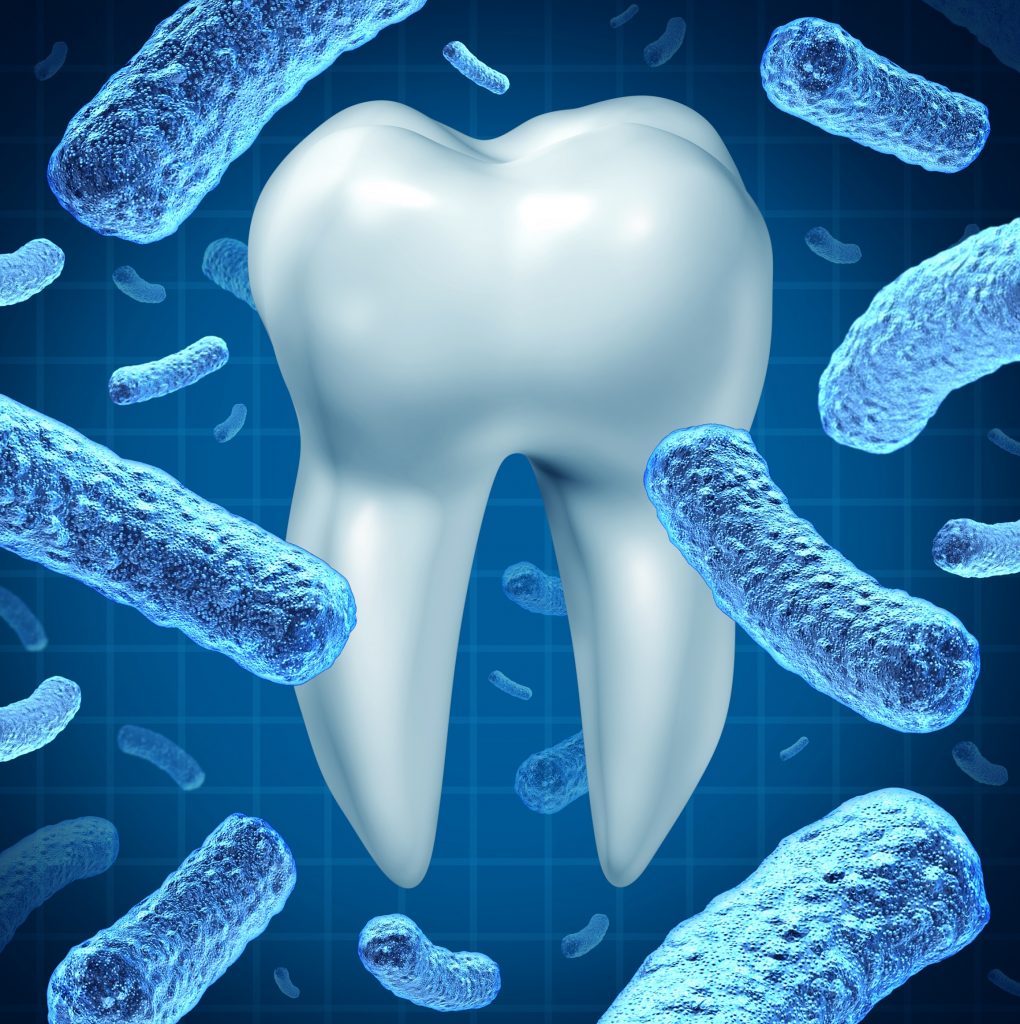
We all know drinking enough water is good for our health. And when you’re feeling parched, there’s nothing better than a tall drink of ice-cold water to dampen that dry mouth of yours.
But what do you do when you find yourself constantly needing to wet your whistle? There are numerous reasons you could be suffering from dry mouth. Below are the top five.
Physiologic. Sometimes having a dry mouth is just a normal part of life. Temporary anxiety, open-mouthed breathing, mild dehydration, menopause, pregnancy, and decreased saliva due to sleep are all normal causes of dry mouth.
Prescription medication. Sixty-three percent of the top 200 most commonly prescribed drugs in the U.S. are known to cause dry mouth. And the higher the number of medications a person takes, the higher the chance of dry mouth.
That’s why as we age, we tend to experience more instances of dry mouth. It’s not necessarily age-related, but our consumption of medication may cause this side effect.
Habitual use of alcohol and tobacco. Use of any of these products will dry out the oral cavity. Please drink in moderation, and make sure to up your water intake when you imbibe. As for tobacco, we always recommend quitting as soon as possible.
Chronic disease. Diabetes, Sjogren’s disease, Sarcoidosis, Hepatitic C can all cause dry mouth.
Psychogenic or idiopathic. When symptoms are present without an identifiable cause (idiopathic), or because of psychological causes (psychogenic), they can be difficult to diagnose.
If you find yourself with a persistent, unidentifiable case of dry mouth, you should make an appointment at (323) 312-0500.
Figuring out which one is causing your dry mouth is so important because a dry mouth has a big effect on your dental health. Saliva is so important for swishing away bacteria.
The dryer the mouth, the more prone you are to cavities, bad breath, and gingivitis. This is just one more reason it is important to practice good daily dental hygiene practices and regular checkups.
If you would like to find out more about dry mouth, contact Dr. Ahmadi at 323-312-0500 to schedule a consultation or visit www.dentalimplantcare.com for additional information.
Dr. Mike Ahmadi proudly serves Bell and all surrounding areas.




